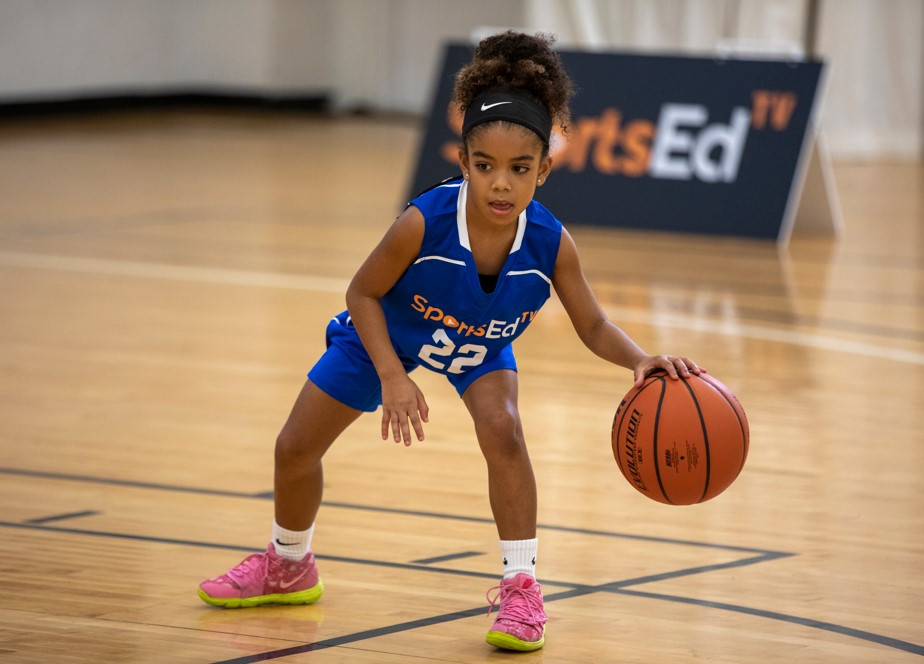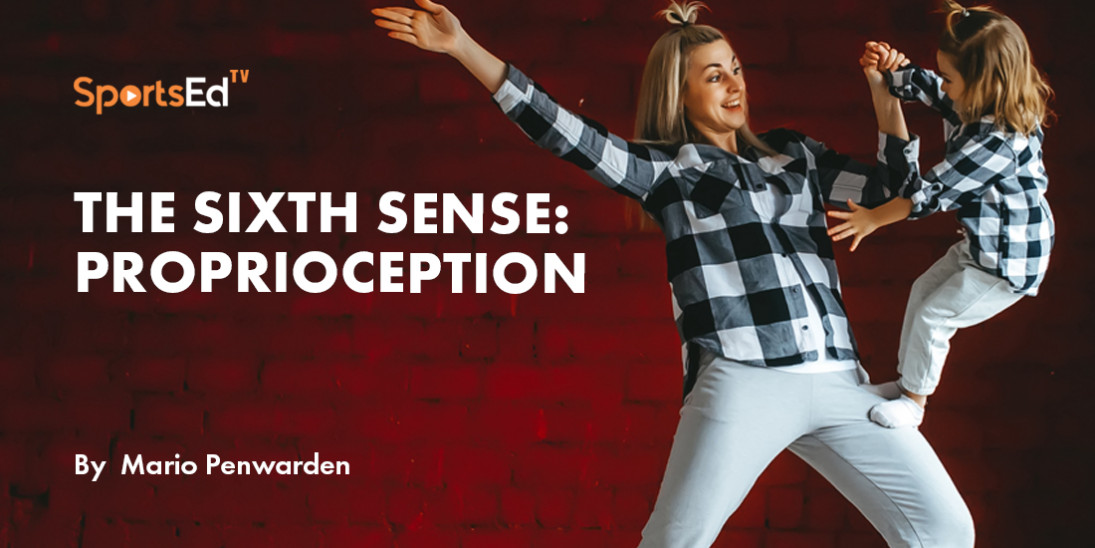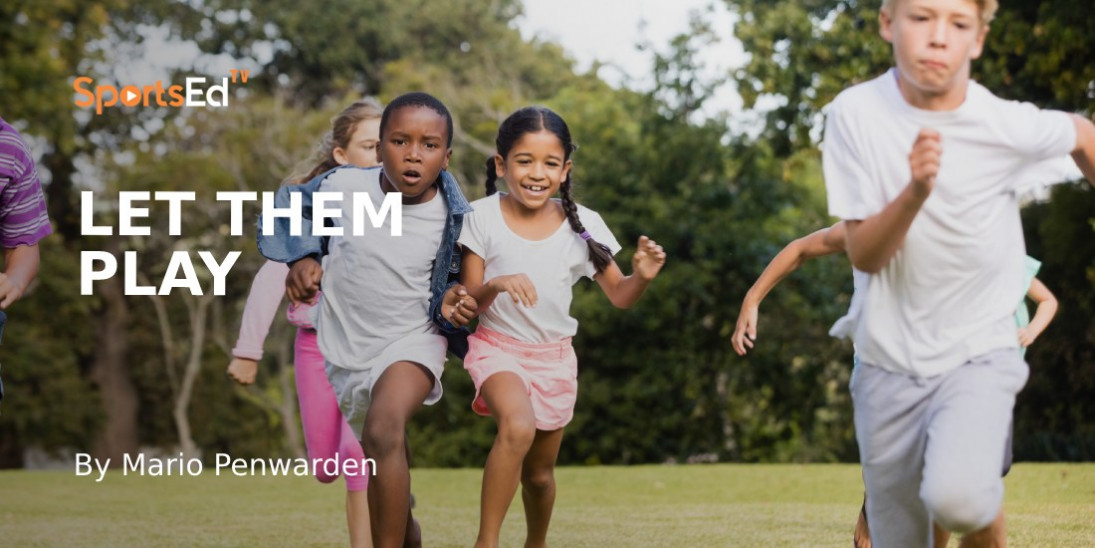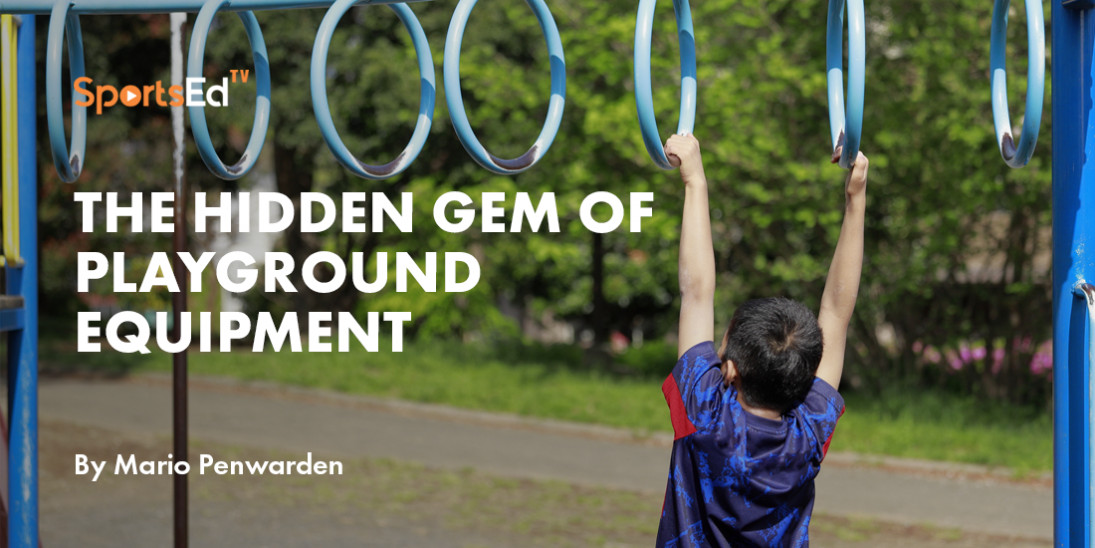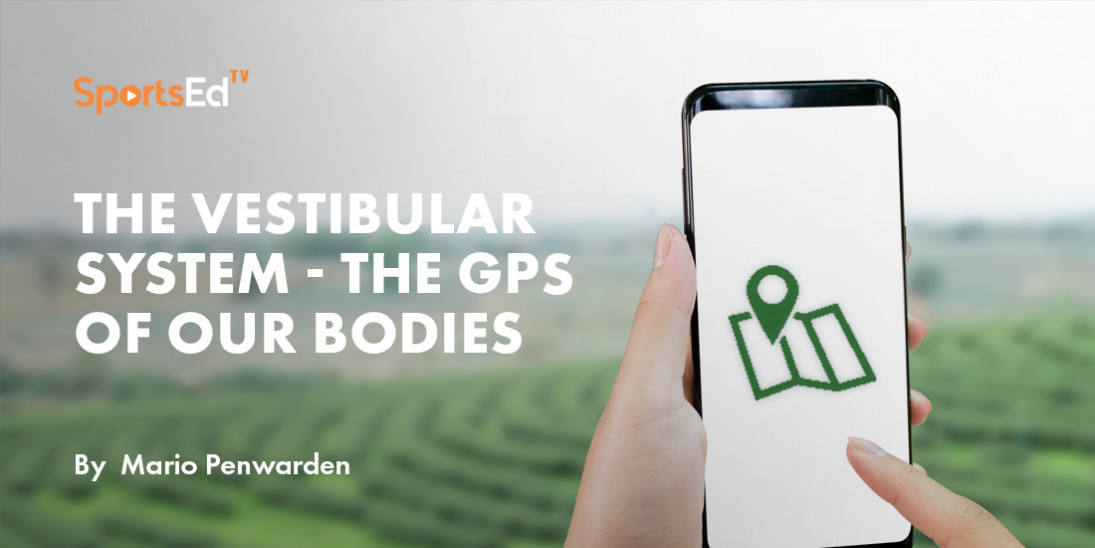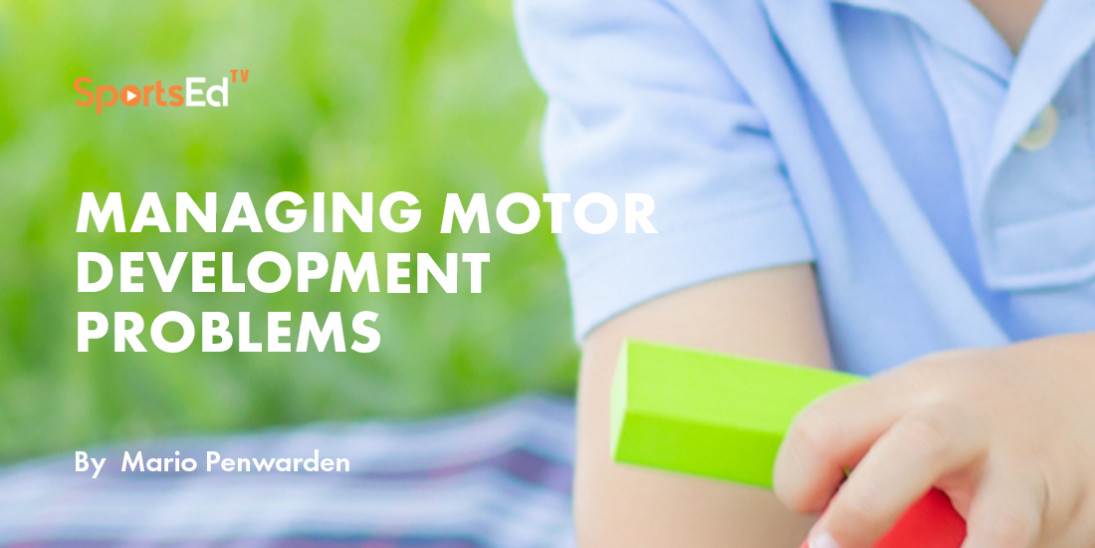Physical Education
Welcome and thanks for visiting...

How Physical Education Boosts Self-Esteem and Mental Health
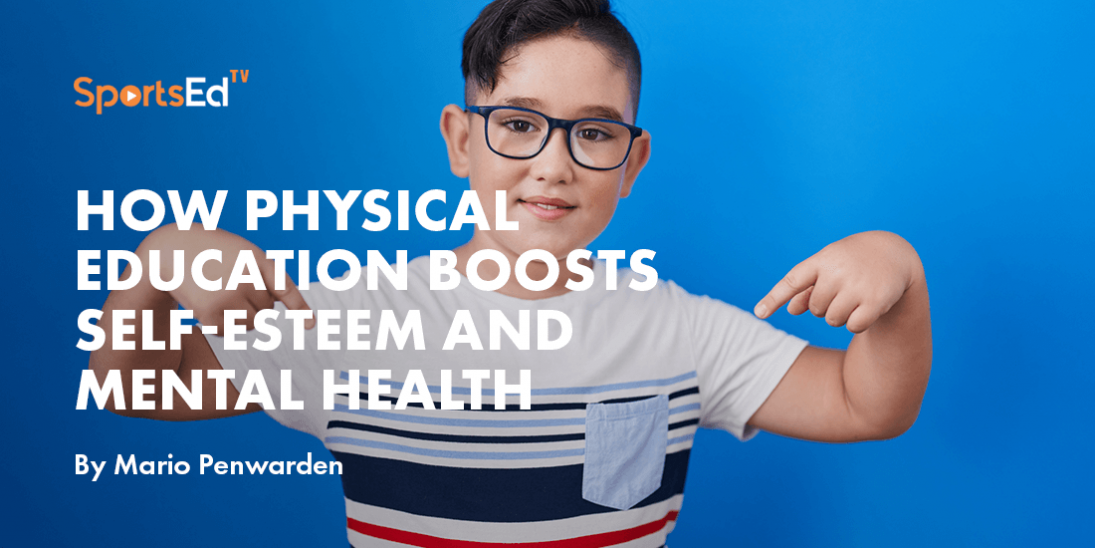
Positive body image and overall health are signs of healthy students and will increase self-esteem.
Exercise has long been praised for not only the obvious health benefits in terms of fitness but also the amazing mental health benefits. When we exercise, our bodies release chemicals called serotonin, dopamine, and adrenaline into our brains. These are neurotransmitters that cause pleasure feelings, which increase our mood. They are often referred to as happy hormones and greatly impact how we feel.
What is Self-Esteem?
“William James (1890) defined self-esteem as self-confidence resulting from the ratio of our actual achievements to our aspirations. By aspirations, he meant predicting the potential successes informed by our goals, values, and objectives.”
Simply put, self-esteem is the belief and confidence in your own ability. Having good self-esteem is, therefore, vital in order to lead a prosperous and productive life.
Typical characteristics of positive self-esteem
- Positive outlook
- Confidence
- Curiosity
- Pride in own work
- Goals
- Persistence
- Deals with frustration
- Outgoing
Typical characteristics of low self-esteem
- Negative
- Lack of confidence
- Avoids challenges
- Gives up easily
- Withdrawn
- Aggressive
- Avoids interactions
- Lacks independence
So, how do we increase self-esteem? Some of the proven methods include lots of positive reinforcement, praise, empathy, and understanding. Physical education is often overlooked as a serious subject, but it is the one subject where all of this is provided, along with physical development and exercise.
Three of the most influential ways physical education can help is:
- Improving general health and fitness
- Greater sense of competency
- Increasing skills surrounding teamwork
Health and Fitness
This is probably the most obvious of all benefits. Having a healthy body houses a healthy mind, as the saying goes. And this is so true. Exercise leads to physiological changes, which leads to improved health and mood. Exercise increases strength, flexibility, and cardiovascular health and helps to fight off obesity, which in turn leads to diseases like heart disease and diabetes. Doctors also prescribe exercise to help combat things like anxiety and depression. Regular exercise will, therefore, affect students' health, mood, and, subsequently self-esteem.
Competency
Being competent at something and in life is one of the main components of self-esteem. If you are competent, then you have a belief that you can be successful, and that plays a huge part in having positive self-esteem. Physical activities create an environment for children to achieve success and become competent in activities where they previously struggled. Along with the successes comes praise and positive reinforcement, which is also a component of building self-esteem. This growth then leads to growing self-confidence and self-esteem.
Increasing skills surrounding teamwork
Teamwork is a big component of physical education. During physical education sessions, students must use their skills and adapt and combine it to reach a specific goal as part of a team. This teaches them valuable lessons and skills which will be used throughout life. Achieving success as a team also gives every member of the team the feeling of achievement and therefore contributes towards good self-esteem.
Whenever we create a space or environment where we can impact self-esteem, always make sure that it is a positive impact through setting achievable goals and positive reinforcement. This goes a long way toward developing well-balanced individuals for generations to come.



